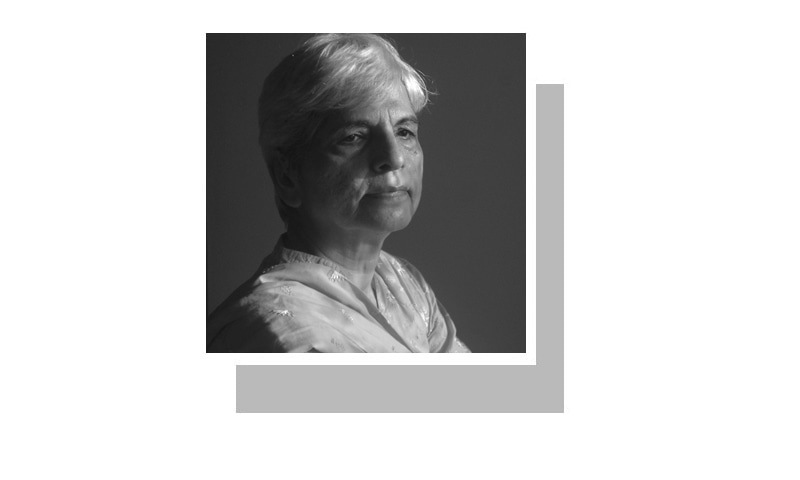
A SILENT language revolution is changing the face of Pakistan in the public discourse. There was a time when proceedings in most dialogues were conducted in English. As could be expected, the message conveyed by the speakers would not get across to the entire audience.
Mercifully, things have begun to change. Bilingualism is the order of the day with greater weightage being given to indigenous languages. Those who really want to communicate with the audience — politicians and the electronic media — are aware that they would have few takers if they were to speak in English as not many understand the nuances of this foreign language and even fewer can speak it. This acknowledgment of the reality is a positive development, especially when we claim to be a democracy.
Having said that, the key question is, why cannot our educators devise a curriculum, especially for the primary school, that is based on Language 1 of the children in different areas of Pakistan? We continue to inflict the tyranny of English or Urdu on children who do not speak either of these languages at home.
It was, therefore, an invaluable step taken by SAHE (Society for the Advancement of Education) to hold an international conference on language and learning in Lahore in May to draw serious attention to this issue and have a policy dialogue with our decision-makers.
The language policy for schools must be revised.
Established in 1982 by a group of concerned citizens, SAHE has increasingly focused on research-based advocacy in support of access to quality education for all.
As its executive director, Abbas Rashid, pointed out, a change in the language-in-education policy might not be the silver bullet to do away with all the ills in Pakistan’s education sector. But without a reform of the medium of instruction policy, no radical and meaningful measures, howsoever far-reaching, can transform education.
There was a consensus among all participants that multilingualism is the only feasible approach. It should evolve through a policy that aims at Mother Tongue-Based Multilingual Education (MTB-MLE). This has been recognised by all linguists of repute for several years but in Pakistan their observation has fallen on deaf ears.
What emerged clearly from this conference was that policymakers should start focusing on how the child’s education in the early years should be structured round her mother tongue. Once the child is proficient in her own language other languages (mainly Urdu and English, in that order) should then be introduced.
Of course, if policymakers take this advice seriously, it will be up to each province to chalk out a road map showing which languages will be taught at which stage, where and how. The fact is, we have no idea of effective language teaching either. These are important issues and if they are not addressed the pull of the dominant languages (English and Urdu in Pakistan) would cause students to attempt to leapfrog into them without gaining the required proficiency in their own language. That will undermine their language-learning capacity.
Dr Carol Benson, a professor from Columbia, proposed that a few pilot schools be set up to assess the MTB-MLE working. That would help identify a language-teaching strategy. Its success would reassure the sceptics and convince the stakeholders.
The three policymakers who were present at the dialogue session — all from Punjab — seemed to concur with what was said at the conference. They even said that this approach was being followed. But we know this is not true. First is the need for intellectual honesty in the matter. Secondly, the language-in-education policy should be uniformly adopted by all schools countrywide. The elite schools as well as the not-so-elite schools in the private sector should be bound by the same policy until Grade 5 like the public-sector institutions.
Dr Tariq Rahman, who is Pakistan’s leading linguist and has studied the language issue in its political and social context, was right when he said no change seemed possible because of lack of commitment on the government’s part. The privileged class would go along with the government as it was a beneficiary of the exclusivity of the present policy.
At the root of the problem is social inequity that leads to a privileged one per cent confronting 99pc. It is the underdog who suffers, and change that empowers the people is not acceptable to the privileged class.
An educator told me that this is the continuation of the decades-old policy of denying education to the people. Previously, the powers that be refused to open schools for the poor. Now they teach in a language the child cannot understand.
A two-pronged strategy is needed: push the government to straighten out its language policy while launching a major advocacy campaign at the mass level in support of the MTB-MLE. This should create the momentum for change at all levels and should include all stakeholders.
Published in Dawn, June 23rd, 2017










































